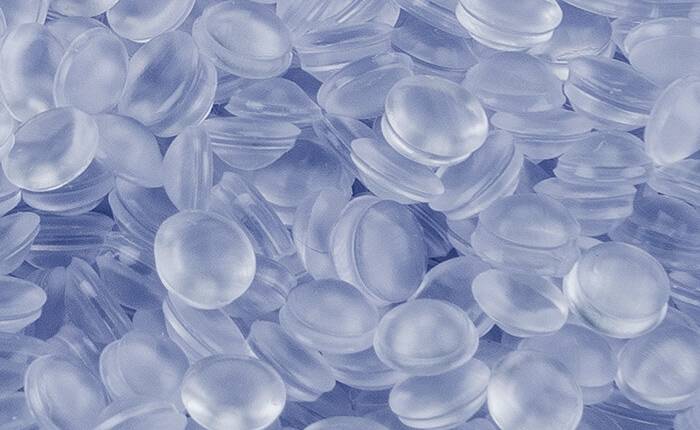Nov . 12, 2024 06:44 Back to list
pvc soft sheet
Understanding PVC Soft Sheets Versatility and Applications
Polyvinyl chloride (PVC) is a widely used synthetic plastic polymer that has garnered attention for its versatility and adaptability in various applications. Among its many forms, PVC soft sheets stand out due to their flexibility, durability, and ease of processing. This article delves into the properties, benefits, and diverse applications of PVC soft sheets, illustrating why they are favored materials in multiple industries.
What Are PVC Soft Sheets?
PVC soft sheets are thin, flexible sheets made from polyvinyl chloride. They are produced in various thicknesses, colors, and finishes, providing options for a multitude of applications. The softness of these sheets is achieved through the incorporation of plasticizers, which enhance flexibility and reduce rigidity. This characteristic makes PVC soft sheets easy to handle, cut, and mold into different shapes, making them suitable for various indoor and outdoor uses.
Key Properties of PVC Soft Sheets
2. Water Resistance The non-porous nature of PVC prevents water absorption, making soft sheets an excellent choice for environments prone to moisture.
3. Chemical Resistance PVC soft sheets withstand exposure to numerous chemicals, oils, and greases, making them suitable for industrial applications.
4. Lightweight The lightweight nature of PVC soft sheets allows for easy transportation and installation, whether in residential or commercial settings.
5. Customizability Manufacturers can produce PVC soft sheets in various thicknesses, colors, and finishes, allowing for tailored solutions to meet specific customer needs.
Applications of PVC Soft Sheets
pvc soft sheet

1. Interior Design PVC soft sheets are commonly used in interior design for wall coverings, decorative ceiling tiles, and furniture finishes. Their aesthetic appeal combined with functionality allows for creative designs without compromising durability.
2. Industrial Applications Many industries rely on PVC soft sheets for protective coverings, insulation, and safety barriers. Their chemical resistance makes them suitable for use in laboratories and manufacturing facilities where hazardous materials are handled.
3. Signage and Display PVC soft sheets are popular in the signage industry, utilized for banners, promotional displays, and point-of-sale materials. Their vibrant colors and ability to withstand outdoor conditions make them ideal for high-visibility applications.
4. Agricultural Uses In agriculture, PVC soft sheets serve various purposes, including greenhouse coverings and agricultural films. Their lightweight and durability help in protecting plants from environmental factors while allowing sunlight to penetrate.
5. Fashion and Craft The craft industry frequently utilizes PVC soft sheets for making accessories, bags, and other fashion items. Their versatility allows for creative expression, and the ease of working with soft sheets appeals to DIY enthusiasts.
6. Packaging Solutions In the packaging industry, PVC soft sheets are used for creating bags, wraps, and containers. Their strength and flexibility make them an excellent choice for protecting products during transit.
Environmental Considerations
Despite their numerous benefits, the environmental impact of PVC has raised concerns. PVC production and disposal can release harmful chemicals, making recycling and sustainable practices essential. Many manufacturers are exploring eco-friendly alternatives and methods to mitigate the environmental footprint of PVC products.
Conclusion
PVC soft sheets are an invaluable material across various industries, offering versatility, durability, and aesthetic appeal. Their applications range from interior design to agriculture, showcasing their adaptability in meeting specific needs. As technology and sustainability efforts advance, the future of PVC soft sheets will likely include improved production methods and environmentally friendly options, ensuring their place as a go-to material in countless applications.
-
High-Quality PPR Pipes and Fittings Durable ERA PPR & PVC PPR Solutions
NewsJul.08,2025
-
Black HDPE Cutting Board - Durable, Non-Porous & Food Safe HDPE Plastic Cutting Board
NewsJul.08,2025
-
High-Quality CPVC Panel Durable HDPE & PVC Panels Supplier
NewsJul.08,2025
-
Double PE Welding Rod Supplier - High Strength, Durable & Versatile Welding Solutions
NewsJul.07,2025
-
High-Quality PVC-O Pipe Supplier Durable 75mm PVC Pipe & Connections Leading PVC Pipe Company
NewsJul.07,2025
-
HDPE Drainage Pipe Supplier – Durable & Corrosion-Resistant Solutions
NewsJul.06,2025

